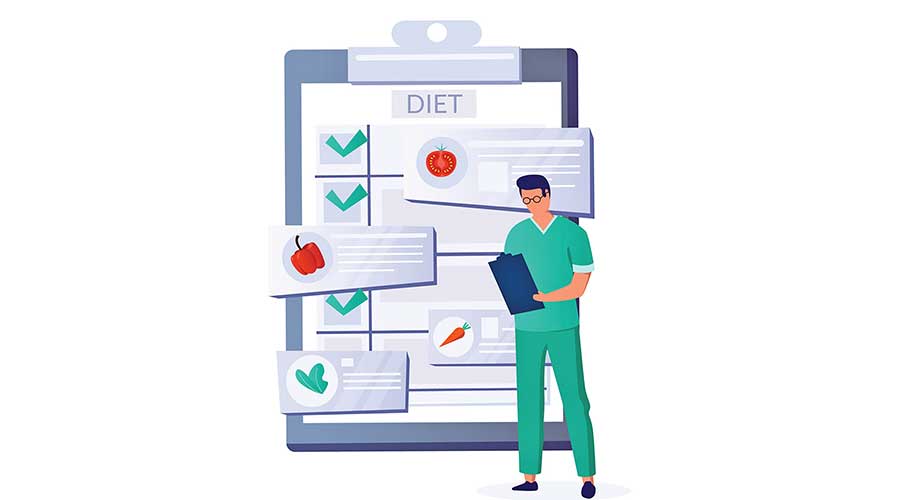ASK A PHYSICAL THERAPIST
- 13 Apr - 19 Apr, 2024

Cardio exercise often causes your appetite to increase, meaning you’re more likely to eat more. You are also more likely to overcompensate with a juice, dried fruit bar or smoothie (consuming the same or more calories than you actually burnt), which can prevent weight loss and leave you confused. Aim to do weight-bearing exercises to build lean muscle, as that will help to increase your metabolism. On average, it would take an hour of high intensity exercise, seven days a week to burn just one lb. of fat. That’s a lot of exercise for a relatively small loss, and this is why the diet side is so important for more significant weight loss. Also, it’s worth remembering that muscle weighs more than fat, which is why we recommend measuring body composition as a more accurate indication of weight loss. People will often find the scales haven’t budged, or even show an increase in weight, but when you take body measurements, you will soon realise that you’ve actually lost inches. So, don’t be too obsessed and disheartened by the scales.
Your body needs vitamins to keep it healthy and functioning. Vitamins all play different roles within the body and so are equally as important. Vitamin A is used for your immune system, stopping you getting colds and infections. It’s found in eggs, fish and vegetables, such as carrots and red peppers. B vitamins are used to keep your skin, eyes and nervous system healthy, as well as being used to make red blood cells. If you are looking for a good source of B vitamins, try eating meat, dairy or leafy greens. Found in oranges and blackcurrants, vitamin C is used to protect cells and help heal wounds. (A lack of vitamin C, although rare, can lead to scurvy.) Vitamin D, also known as the sunshine vitamin, as it is mainly absorbed from the sun, can also be found in oily fish, egg yolks and fortified foods. Vitamin D prevents rickets, a bone deformity, as it is used in the absorption of calcium and phosphate needed for bones, teeth and muscles. Nuts and seeds contain vitamin E needed for skin health and the immune system. While vitamin K for healing wounds and linked to bone health is found in cereals and broccoli.
COMMENTS